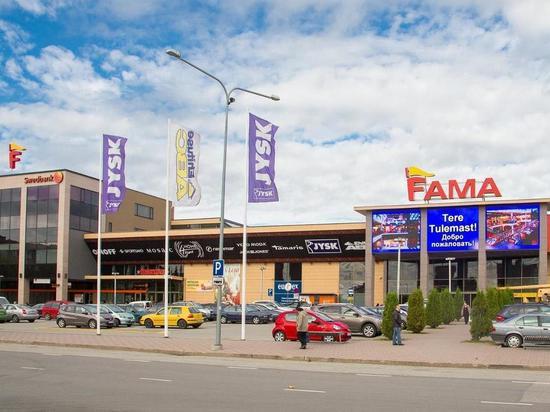Employees of the largest grocery hypermarket FAMA (familiar to all Petersburgers who have crossed the Estonian border in Narva at least once) complain about a sharp drop in income. Due to the closure of the borders with Russia, the store’s income collapsed, and the employer decided to reduce the working hours of the sellers, and with them the salary.
The Estonian news agency Delfi, to which the employees of FAMA (which belongs to the Rimi concern) complained, published their complaints on condition of anonymity.
In the midst of the state of emergency, sellers were reduced their working hours by five hours a week, and their wages were also reduced by almost 100 euros. At the same time, it is known that at the usual rate (before the crisis) a seller in Rimi received 600-700 euros in his hands.
“The state of emergency is over, and no one is going to return our salaries to us, – told the employees of the supermarket. – Or are we just [из региона] Ida-Virumaa, and why is this attitude towards us? “
For reference: Ida-Virumaa, or Eastern Viru, is the closest region of Estonia to the Leningrad region, known as the region of the Russian-speaking majority. The local population often believes that the central government in Tallinn overlooks their problems and gives the right to solve them to the local residents themselves. This is partly the case, although due to the same proximity to Russia, Ida-Virumaa county receives (or rather received) a significant income from tourism and trade.
The employer, at the request of the news agency, said that the staff at one time agreed with such a reduction. And then he explained the reason for all the troubles.
“The return to normal operation is directly related to the recovery in sales, which in turn is again heavily dependent on cross-border trade in the region, – the Rimi representative answered the inquiry of our Estonian colleagues. “Since it is difficult to cross the border during the spread of the virus, you should not expect a full resumption of previous sales.”
And this is the rare case when cross-border trade (and good neighborly relations in general) is ruined not by big politics, but by a tiny coronavirus.
By the way: sellers from Narva are not alone in their silent protest. Even at the end of March “MK” in St. Petersburg “told in great detail how and why many private traders from the Russian side (most often from St. Petersburg) were left without income due to the closure of borders.
As we already wrote, the residents of St. Petersburg lost the most, for obvious reasons they were in no hurry to switch to cheese analogues of Russian production. Moreover, these latter, created in the order of “import substitution”, quickly caught up in price to the imported product.
